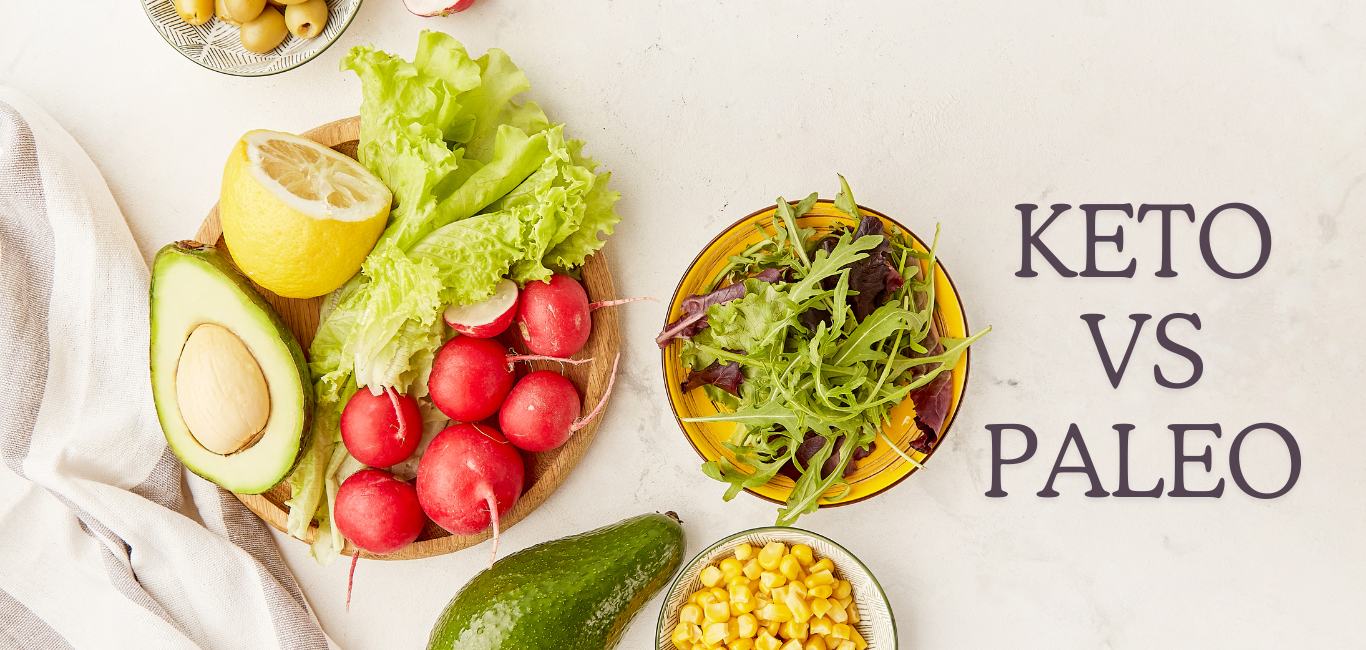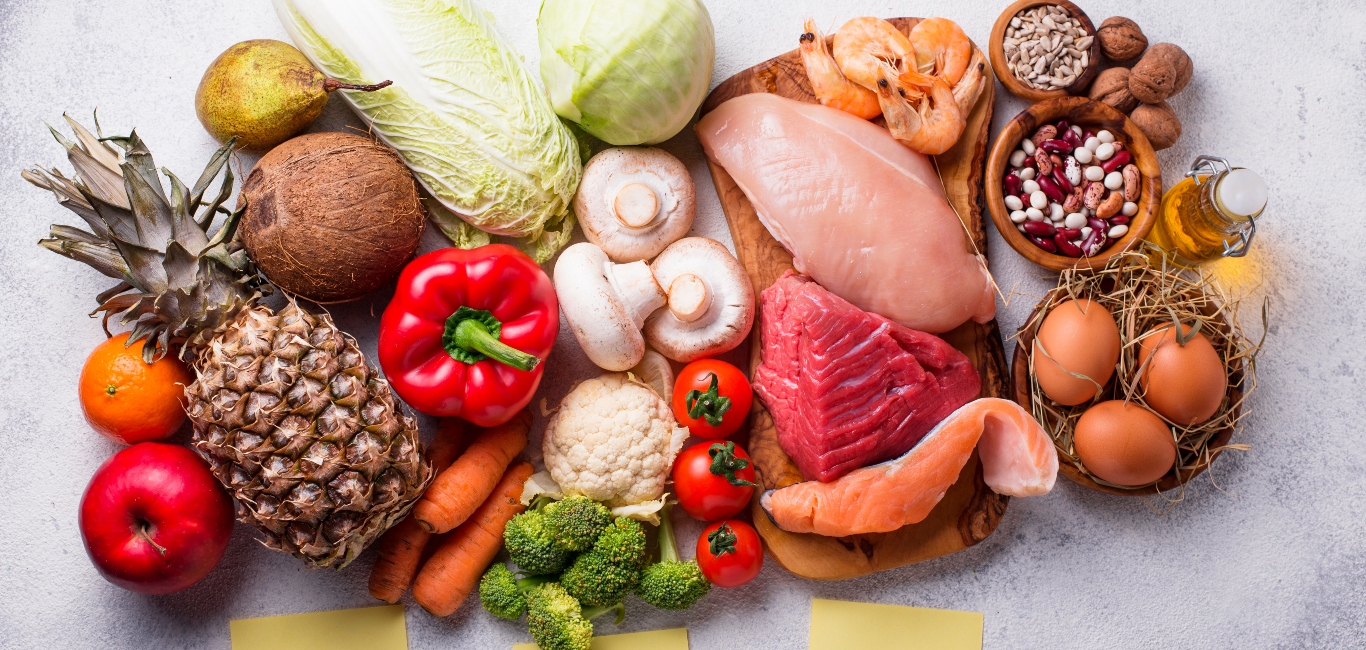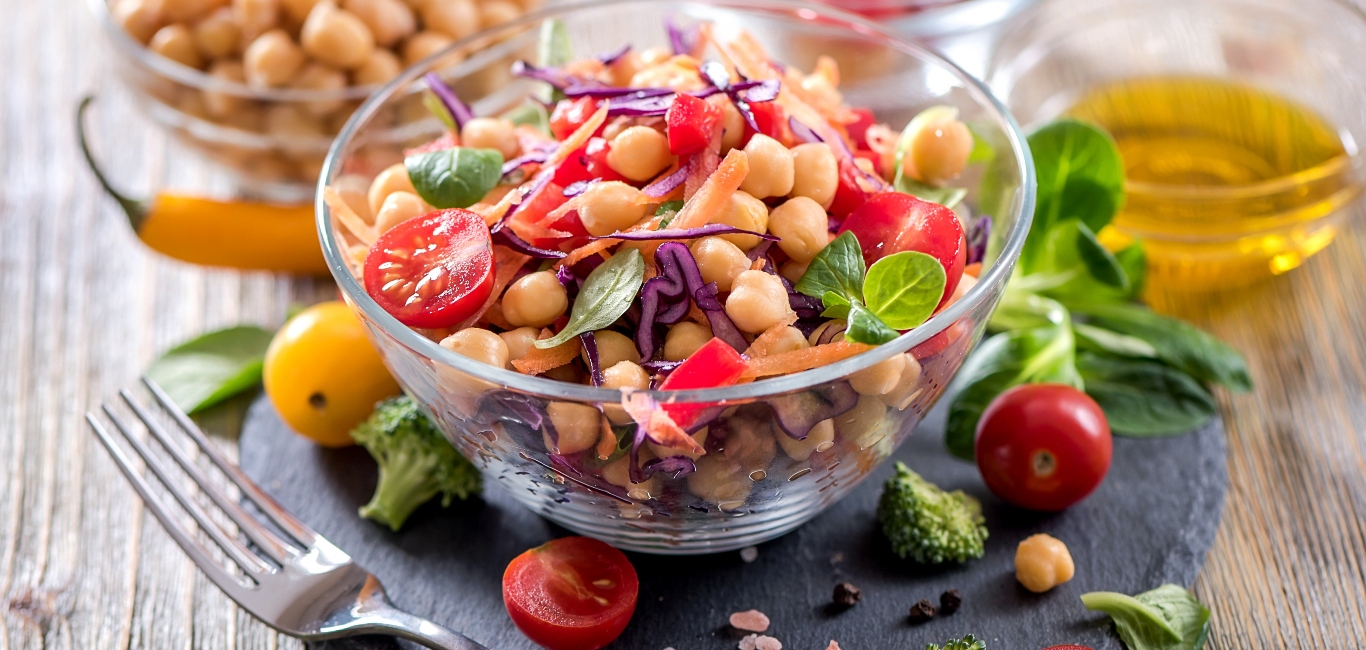
Just as a bespoke tailor nips and tucks and tacks until that tux clothes you like a glove, a time is coming, very soon at that, when you and I will be master managers of our own diet. Powered by gadgets and nutritional innovations, the common man will be empowered to personalise every bite to optimise his health. Nutrition has evolved from mere old wives’ tales to a point where individual differences in anatomy and physiology are considered. This refutes the notion of a universal diet. With wearable gadgets, individuals can track food intake, physical activity, and even sleep patterns. These devices, ranging from patches and fitness rings to smartwatches and guided apps, are revolutionising the way we approach nutrition.
Ankush Datar, 29, an investment professional from Mumbai, embarked on a personal health journey in 2021 the moment he received a gizmo – a continuous glucose monitoring (CGM) device – as part of a beta testing programme for a new application. The software aimed to interpret CGM data and make it accessible to the public.

Curious and excited, Datar eagerly fixed the waterproof patch and began tracking his blood glucose levels. However, the initial data was perplexing, and the app’s graphs were difficult to understand. By research and experimentation, Datar began managing his blood sugar levels effectively.
“It took me about a week to understand which foods spiked my blood glucose levels, but I still didn’t know how to adjust my habits,” Datar said.
Determined to optimise his nutrition, Datar delved further to find ways to manage his blood sugar levels. With some adjustments, he achieved a favourable dietary score on the application, indicating improved glucose management.
TRACKING DNA TOO
Nutritionists are even delving into DNA-level differences to create tailored diets. Advanced genome sequencing and phenotyping techniques allow the customisation of diets to optimise weight management, sleep quality, cognitive function, reduce health risks and improve athletic performance. While some of these technologies are still in development, they hold the promise of targeted approaches to human nutrition.
IT’S ALL ABOUT OUR GUTS
The physiology of our gut is most perplexing. Trillions of bacteria and viruses that live in our innards have been the focus of research for decades. And, the talk of the town right now is microbiome-based diets.
A 2021 study, published in the journal Nature Medicine, and based on more than 1,000 individuals, found that the health of the microbiome is influenced by the food we eat. It also found that metabolic and cardiovascular health were closely related to the diversity of the gut microbiome.
Although this indicates that the microbiome is highly influenced by the food we eat, a personalised nutrition, based solely on the microbiome, seems far-fetched.
The question remains, how effective or practical is this new idea of a diet?
“The vastness of the gut microbiome makes it practically impossible to determine the number of organisms we are dealing with,” says Dr Hannelore Daniel, a retired professor from the Technical University of Munich, Germany, who has spent her entire career researching the gut.
She discovered that the fluctuations in our gut microbiome are too unpredictable to accurately determine their full characteristics. She found that several studies show the dynamic nature of the gut microbiome and how stool sample results vary from person to person and even among different laboratories. While the specifics of the gut remain mystifying, our microbiome diversity still plays an important role in optimising overall health.
PLANT POWER
There is a growing trend towards enhancing gut health by consuming fibre-rich diets, incorporating anti-inflammatory foods, and embracing plant-based diets, which have gained popularity among both experts and health enthusiasts, due to their abundance of phytonutrients, which offer a multitude of health benefits. However, a major drawback in a vegetarian diet is the lack of protein and certain nutrients present in a non-vegetarian one. But wait, food technologists have come up with a plant-based-meat that addresses this issue.
FUTURE OF PLANT-BASED DIETS
The popularity of plant-based diets and lab-grown meat substitutes is growing. According to experts, these dietary choices provide several health benefits, including improved gut health. Additionally, they are a sustainable alternative to traditional meat consumption, addressing environmental concerns and animal welfare issues.

Dr Shridevi Gothe, an ayurvedic food and technology researcher from Bengaluru, recently tried plant-based meat for the first time. This was an adventurous step for a long-time vegetarian like her. She opted for plant-based meat patties made from soya protein. “Although I couldn’t compare the taste to actual meat, I found the texture pleasantly crispy and the chewiness was also consistent,” she says.
Today, plant-based meat alternatives are produced from various protein sources like soyabeans, pea protein, chickpeas, lentils, beans, seeds, and nuts.
“Plant-based meat analogues are essentially trying to match the texture, taste, and colour of structured plant proteins with that of various meat, appealing to vegans and non-vegans alike,” says Dr Gurmeet Singh, professor and dean of research and outreach, The University of Trans-Disciplinary Health Sciences and Technology (TDU), Bengaluru. Anyone can craft an all-encompassing plant-based meat creation consisting of chunks that can be consumed on their own or added to dishes. It is versatile and allows you to grind the mock meat finely to make nuggets, patties, cutlets, or sausages, he adds.
These meat alternatives are perfect for individuals looking to reduce their meat intake without compromising on taste, texture, and proteins. As consumer demand grows, the market for plant-based meat alternatives will keep expanding, making these products more accessible and appealing to a wide range of people.

“It is important to note that reaching a scale where these technologies have a substantial impact on society may take at least 10 years, as they are currently in the early stages of development and adoption,” says Dr Singh.
BRIDGING THE NUTRITIONAL GAP
From a nutritional standpoint, when each ingredient is examined separately, it is found that animal meat is a superior product in terms of its essential amino acid profile. However, the latest research in plant proteins blends legume and cereal proteins in the right ratio to complement each other and achieve a complete essential amino acid profile. The technology and processing methods enable the creation of protein profiles that closely resemble meat, dairy, or egg proteins. Furthermore, these plant sources also have fibre, an important element lacking in meats.
The inclusion of edible fats and oils can be tailored based on preferences, such as incorporating saturated fats to match meat products or using plant oils to avoid saturated fats altogether. This flexibility allows for customisation to meet different taste buds.
“Soyabean and rice are important sources of plant protein, which hold the key to this game. Despite its low protein content, rice protein is expected to become readily available and affordable in the coming years by modifying the starch content,” Dr Singh adds.
Currently, proteins are comparatively expensive, with protein powders priced at around Rs 400 per unit for nearly 90 per cent protein content. “Economically viable protein concentrates are crucial for the affordability and accessibility of structured plant proteins and alternative protein sources like soya, rice, and microbial proteins. These developments are expected to emerge within the next few years, aiming to break the price barrier of traditional protein options,” says Dr Singh.

A2 MILK: HEALTHY OR NOT?
A2 milk has been making waves in recent times, with advertisements flooding social media platforms. But what exactly is it, and is it truly a healthier choice? A2 milk contains the A2 version of beta-casein, a protein found in milk, while excluding the A1 form. Proponents claim that A2 milk is easier to digest and gentler on the stomach compared to regular milk containing A1 beta-casein.
Indu Kharb, a resident of Jind, Haryana, had been consuming milk from her farm for generations without any health issues. However, when she moved to Gurugram with her husband, her three-year-old daughter began experiencing difficulties digesting the local milk. Despite switching to A2 milk as recommended, the problem persisted, and the pediatrician diagnosed her with lactose intolerance.
Srabonti Das from Kolkata had a different experience. She initially switched her entire family to A2 milk after reading about its health benefits. However, after consuming it for about five months, she did not notice any significant difference in digestion or overall health. Eventually, they returned to consuming regular milk from a local dairy farmer.
The science behind A2 milk revolves around beta-casein proteins, which make up over nine per cent of the proteins in cow milk. Beta-casein, the second most abundant protein among the caseins, has an excellent nutritional amino acid balance. However, studies suggest that A1 beta-casein might be associated with digestive issues in certain individuals, such as bloating, abdominal pain and discomfort.
Sonia Velarsan, a specialist in nutrigenomics and onco-nutrition from TDU in Bengaluru, explains that the unique structure of the A2 protein, containing proline, makes it easier to break down in the human gut. In contrast, the breakdown of amino acids in A1 milk produces a peptide called beta- casomorphin-7 (BCM-7), which is an indigestible opioid peptide for humans. A2 milk, with its proline content, prevents BCM-7 from entering our bodies.
Although some studies have suggested potential connections between BCM-7 in A1 milk and conditions like type 1 diabetes, heart conditions, and autism, a 2022 study published in the journal Frontiers in Nutrition found that A2 beta-casein has a positive effect on gastrointestinal health compared to A1, with no evidence of A1 beta-casein negatively affecting human health.
WHICH TO PICK
Conflicting studies and perspectives make it hard for us to choose between A1 and A2. Both contain the same amount of lactose, which some people are intolerant to. Nandita Krishnan, a nutritionist specialising in pregnancy lactation nutrition and urban health fundamentals at Sri Ramachandra Institute of Higher Education and Research in Chennai, advises considering individual tolerances, preferences, and staying updated on the latest research.
In terms of nutrition, there is minimal difference between the two. Both provide similar amounts of essential nutrients, including protein, calcium, vitamins, and minerals. The variation primarily depends on factors such as the cow’s diet, breed, and environmental factors, which can influence the overall composition of milk, resulting in slight variations.
Indian indigenous cow breeds like Gir, Sindhis, and buffaloes produce around 94 to 100 per cent A2 milk, according to the National Bureau of Animal Genetic Resources. However, if regular milk does not cause any symptoms for you, there is no need to spend extra on A2 milk or avoid milk altogether based solely on current trends, Krishnan suggests.
Whether one chooses A1 or A2 milk depends on individual preferences and tolerances. It is essential to listen to your body, consider any intolerances you experience, and stay informed about the latest research before deciding about the type of milk you consume.

This article was first published in the August 2023 issue of the Happiest Health magazine. To read more such stories subscribe to the magazine.

















